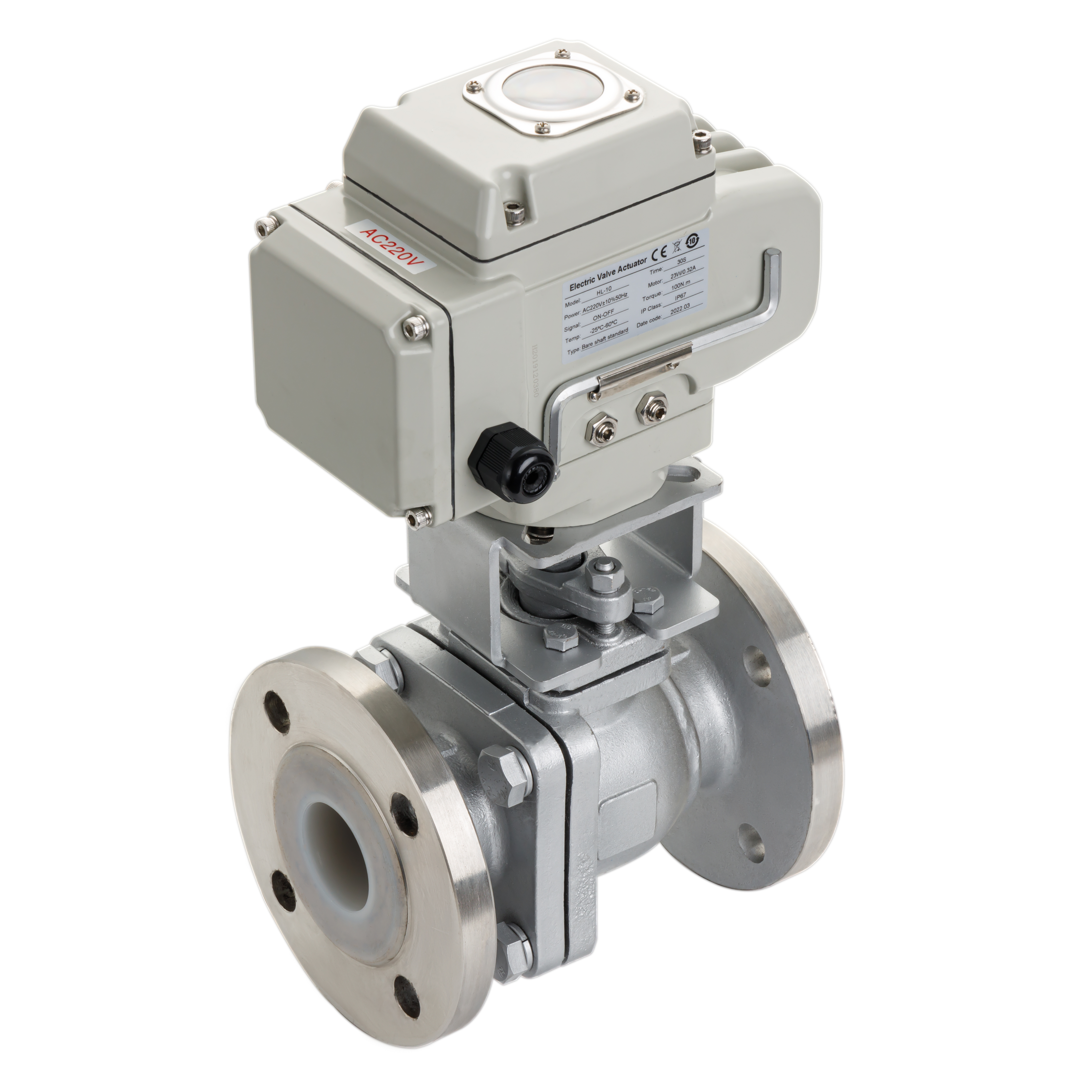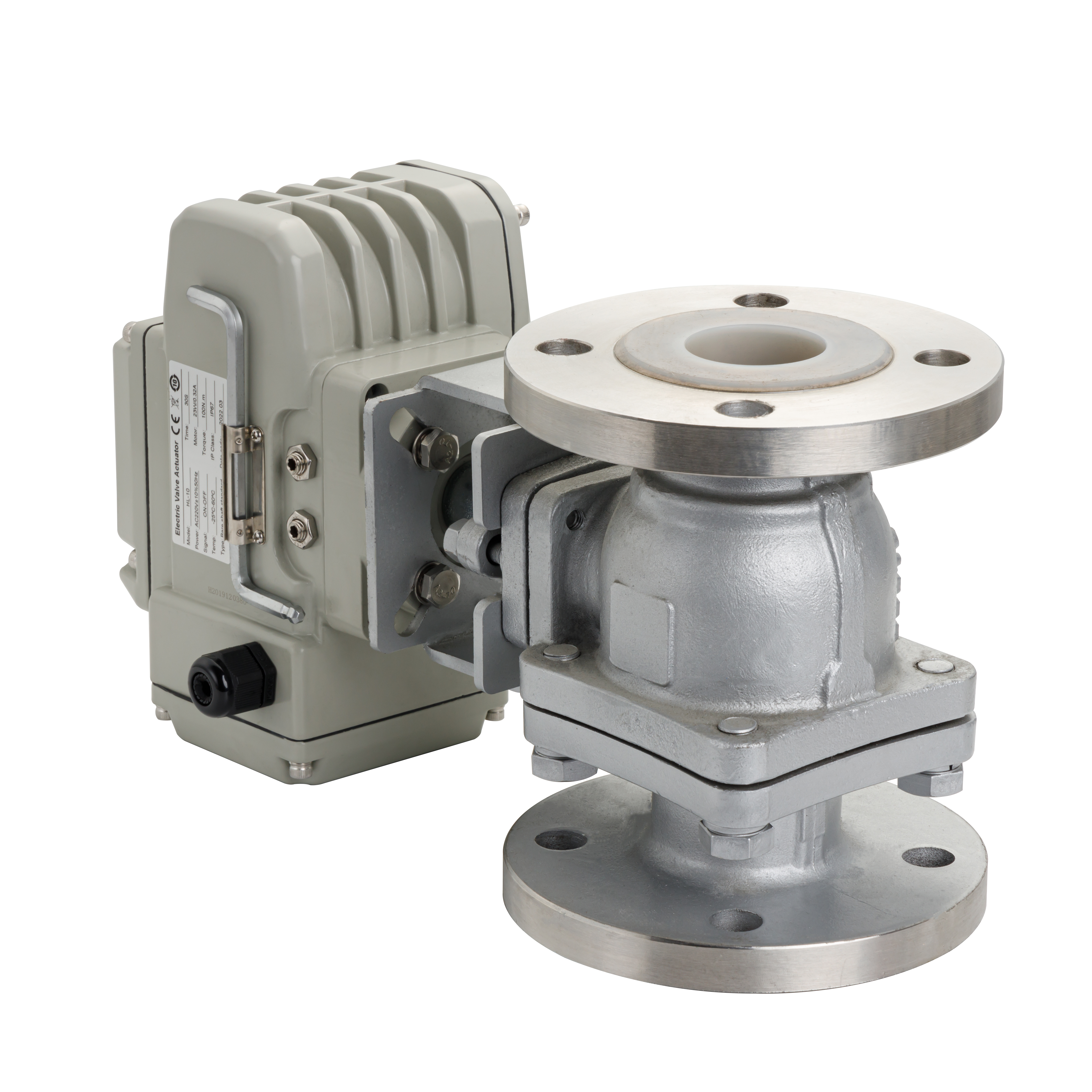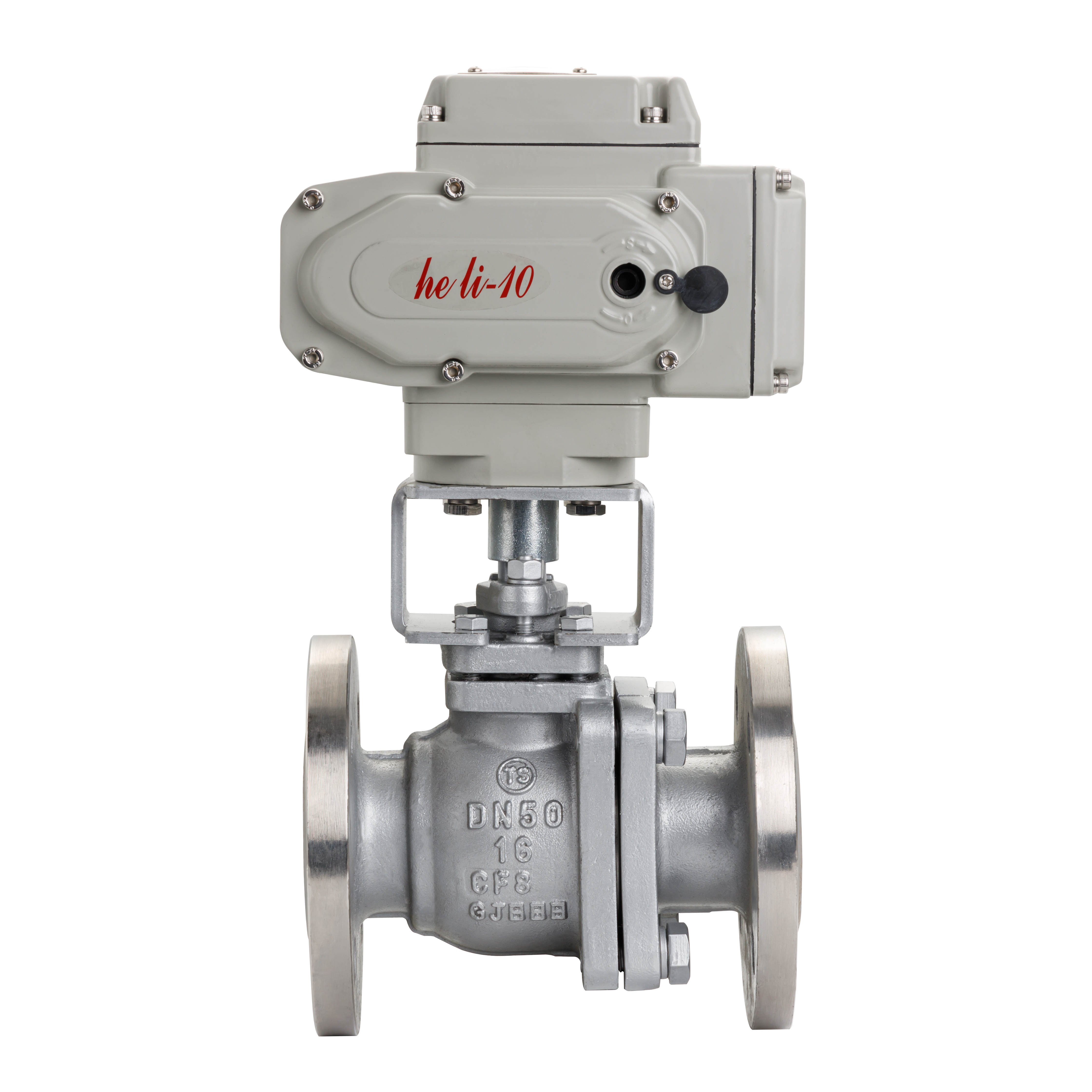exploring the hydrogen energy electric anti-corrosion ball valve: a key component for sustainable energy solutions
Release time:2024-12-16 01:37:20
The increasing demand for clean and sustainable energy sources has led to significant innovations in various sectors, including the energy industry. Among these innovations, hydrogen energy has emerged as a promising alternative to fossil fuels. As hydrogen energy systems continue to develop, the need for reliable, efficient, and durable components becomes critical. One such component is the hydrogen energy electric anti-corrosion ball valve, which plays a pivotal role in managing hydrogen flows and ensuring system integrity.

Understanding Hydrogen Energy

Hydrogen energy is derived from the most abundant element in the universe. It can be produced through various methods, including electrolysis, steam methane reforming, and gasification. As a clean energy carrier, hydrogen produces only water vapor when burned, making it an attractive solution for reducing greenhouse gas emissions and combating climate change. However, the unique properties of hydrogen, such as its low molecular weight and high diffusivity, pose challenges in terms of storage, transportation, and safety. The Role of Ball Valves in Hydrogen Systems




